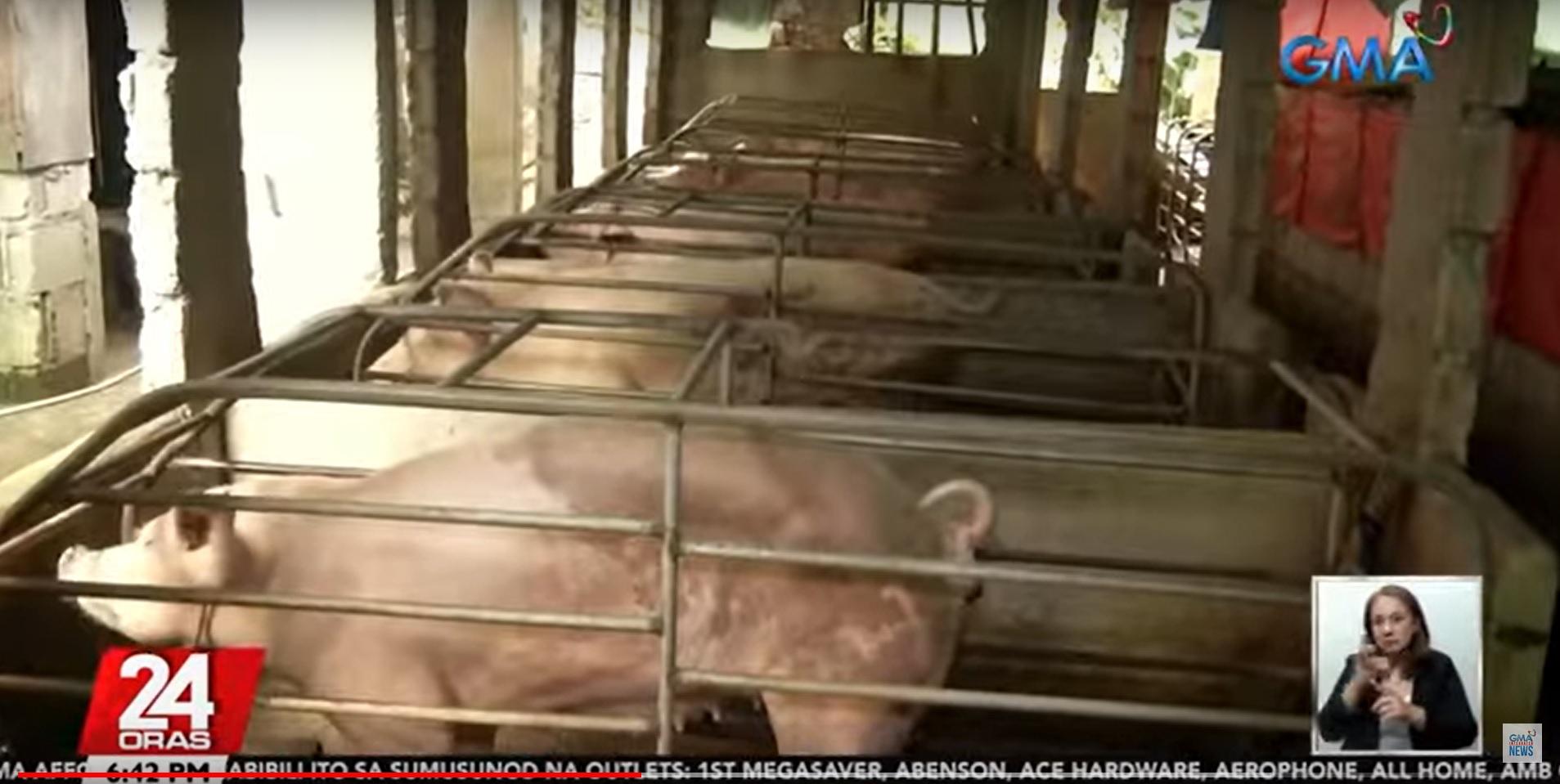Agri chief hopes ASF vaccine will encourage hog raisers to go back

Agriculture Secretary Francisco Tiu Laurel Jr. on Tuesday announced that the Department of Agriculture (DA) is set to begin the government’s trial of African Swine Fever (ASF) vaccine in the third quarter of 2024 with an initial 150,000 vials of the Food and Drug Administration (FDA)-approved AVAC ASF Live from Vietnam.
At a press conference in Quezon City, Tiu Laurel said the DA has allocated P350 million for its ASF immunization program.
“If the vaccine is really effective it will have an effect on production because will now invest again… hog raisers will go back so there’s good chance that price of pork will go down,” the Agriculture chief said.
The initial rollout, which will be voluntary, will involve the controlled and regulated use of 150,000 doses of the AVAC ASF Live vaccine.
FDA Director General Samuel Zacate said that the AVAC ASF Live vaccine has been approved for restricted use only by the DA, with a validity of two years.
Tiu Laurel said the DA is eyeing to procure around 600,000 doses of the ASF vaccine for the government-led mass trial.
“BAI (Bureau of Animal Industry) is finalizing guidelines with agricultural and veterinary stakeholders for the controlled use of ASF vaccines, with public consultations to follow. The controlled rollout is set for the third quarter, prioritizing eligible commercial farms, semi-commercial enterprises and clustered backyard farms under strict BAI supervision,” the Agriculture chief said.
“After this rollout, BAI will evaluate the vaccine's efficacy before endorsing it to the FDA for final approval and registration,” Tiu Laurel said.
The DA chief added that, if the ASF vaccines were effective, the impact on production could be felt six months after the initial rollout of the immunization program.
ASF, a highly contagious disease for hogs, has been decimating swine populations in the country since its detection in 2019.
As of April this year, pork supplied by local raisers declined to 752.95 metric tons from 3,114 metric tons year-on-year, according to data from the National Meat Inspection Service. — RSJ, GMA Integrated News

Need a wellness break? Sign up for The Boost!
Stay up-to-date with the latest health and wellness reads.
Please enter a valid email address
Your email is safe with us





